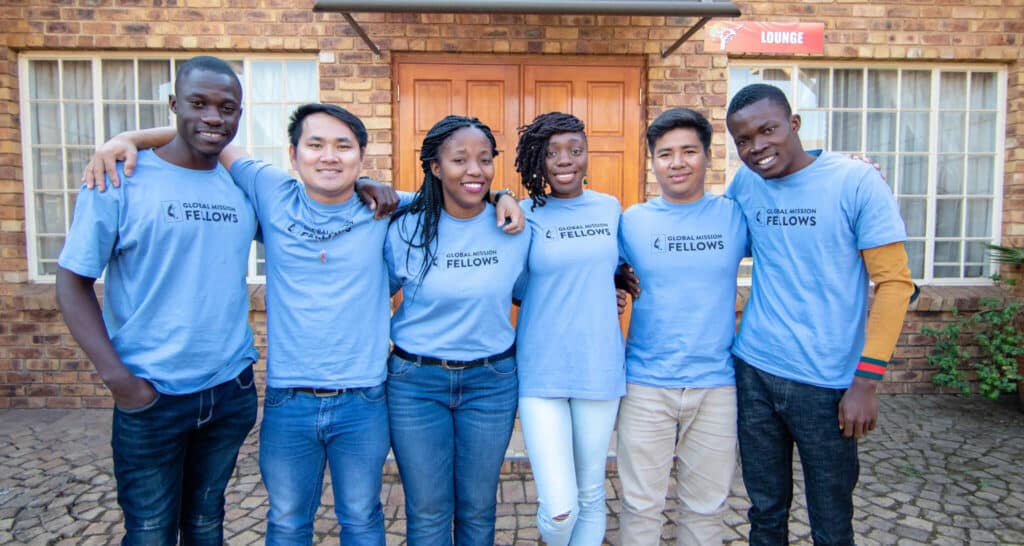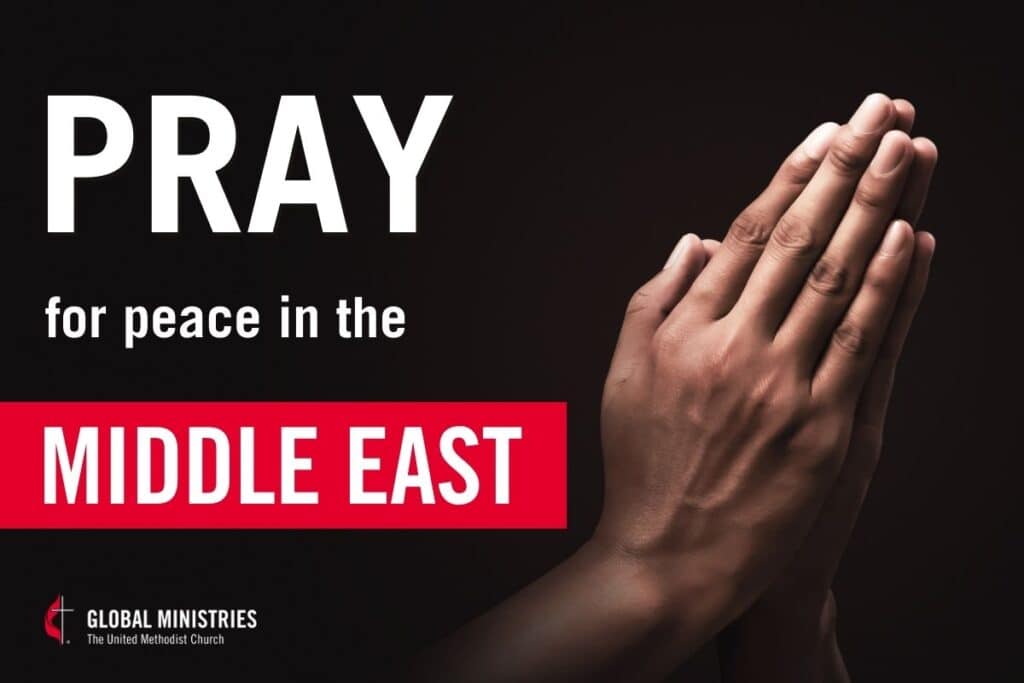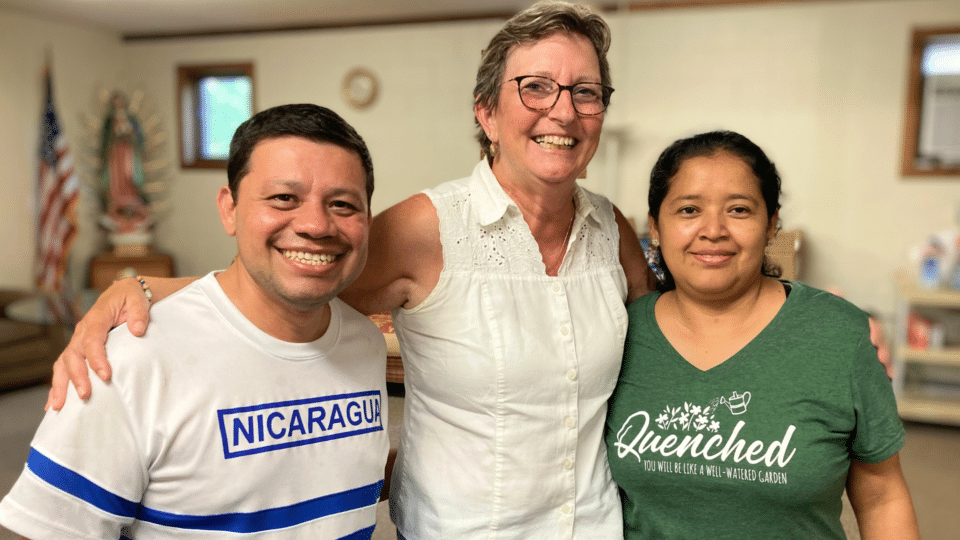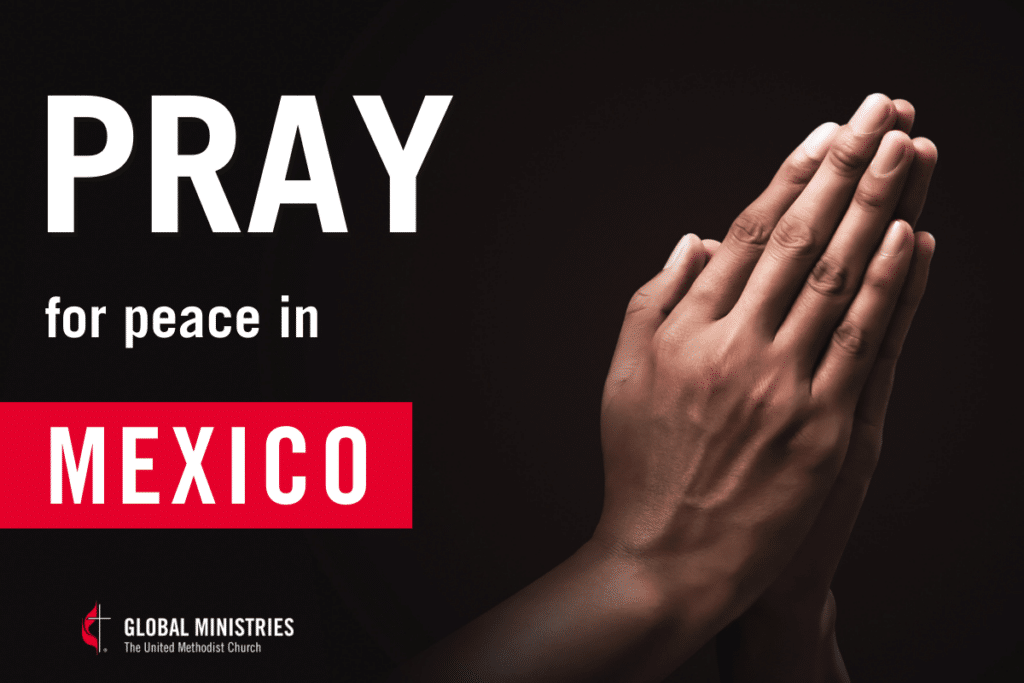By Elliott Wright
May 6, 2020 | ATLANTA
The 2020 international class of Global Mission Fellows, a popular United Methodist program for young adults, has been canceled because of the coronavirus pandemic.
“The decision to skip a year in this important work is based entirely on health and logistical factors linked to the COVID-19 outbreak,” said the Rev. Dr. Judy Chung, executive director of Missionary Service of the General Board of Global Ministries. “We cannot responsibly accept 45 new international fellows given the challenges the pandemic represents for training, transportation and the safety of these young people.”
Global Mission Fellow service involves two-year commitments of young adults between the ages of 20 and 30, usually to justice-related ministries. Placements are with mission partners including United Methodist, other Methodist and ecumenical entities around the world. In usual times, some 120 GMFs are in service each year. The outbreak of the novel coronavirus has meant some current program participants have returned home early and others will extend their placement longer than planned.
In continuation and expansion of historic United Methodist short-term mission service opportunities, the GMF program has an international component open to all and an annual US-2 class. The latter is open only to residents of the U.S., since the federal government will not grant visas to international GMFs to enter the country. The 2020 US-2 class is not expected to be affected in the same way as the international group by COVID-19, according to Chung.
“Global Ministries is acutely disappointed that it has become necessary to cancel this year’s international GMF class,” said Thomas Kemper, chief executive of the agency. “The program has a large footprint in our ‘from everywhere to everywhere’ approach to mission service. It is a main channel of mission energy and personnel and prepares leaders for church and society both today and tomorrow.”
Candidates for the 2020 international class have been notified of the cancellation, Chung said, and have been told they can reapply for next year through an expedited process. However, there will be new 2021 applicants for an as yet undetermined number of placements. If 2020 candidates under consideration on May 1 of this year turn 31 within the next year, they can still apply for next year’s international class.
Those accepted into the GMF program are usually notified in early April, with training and commissioning in July and early August, and fellows reporting to their placements in early autumn.
“The mission and vision of the GMF program are still necessary at this time,” according to Hannah Hanson, staff director of the program. “We want to continue to nurture the creativity, innovation and leadership of young adults engaged in mission. Our office will connect virtually with current GMFs, the 2020 applicants and other young adults worldwide to inspire and inform social justice ministries.”
Elliott Wright is a public information consultant with the General Board of Global Ministries.




